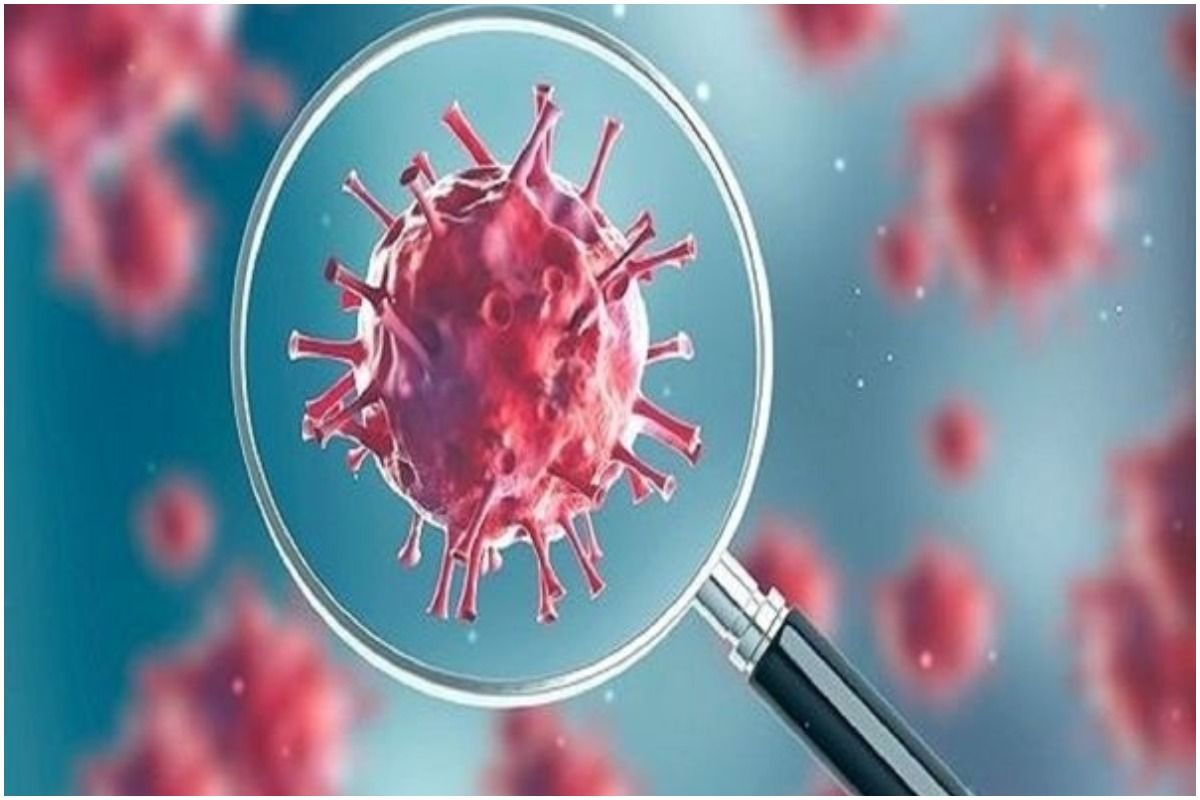Norovirus Outbreak: Kerala Health Minister Veena George has confirmed that the norovirus cases have been reported in the state. She has chaired a meeting of the health officials and took stock of the situation in Wayanad. The health minister directed the officials to intensify activities to prevent the spread of the virus. In the wake of the norovirus outbreak, the health department said that the drinking water sources need to be hygienic and with proper prevention and treatment, the disease can be cured quickly. The state government also said that everyone should be aware of the disease and its means of prevention.
The rare Norovirus infection was reported in some 13 students of a veterinary college in Pookode near Vythiri in Wayanad district two weeks ago. Veterinary college authorities said the infection was first found in students living in hostels outside the campus.
Why norovirus triggers scare in Kerala? It must be noted that norovirus is an extremely contagious virus that causes vomiting and diarrhoea and can spread across people of all ages.
Also known as ‘winter vomiting bug’, the virus has a short incubation period of just 24-48 hours, after which patients begin to experience stomach pain, vomiting and diarrhoea.
Most patients recover from the infection without any medical treatment within 1-3 days, while some others need urgent medical care to treat the resulting dehydration.
How does norovirus spread? The doctors have said that norovirus spreads through tiny particles that are present in the faeces and vomit of infected individuals. This viral particles can contaminate food, water, and surfaces and spread to other individuals. More particularly, norovirus spreads easily because only a tiny amount of particles is needed to infect an individual. As per updates from US Centres for Disease Control and Prevention (CDC), an infected individual may shed billions of viral particles over the course of their illness.
Norovirus: What are the symptoms? The general symptoms of norovirus are diarrhoea, vomiting, nausea and stomach pain, while fever, body ache and headaches are also seen sometimes. Because of loss of fluids, some patients also quickly become dehydrated. Some other common symptoms also include feeling thirsty, dark yellow and strong-smelling pee, feeling dizzy or lightheadedness, feeling tired, having a dry mouth, lips and eyes, peeing fewer than four times a day and in a small volume.
Norovirus: What are the possible treatments? Even though there is no specific medicine to treat norovirus infection, the infected people should increase their fluid intake in the form of soups, juices, oral rehydration solutions, electrolytes and water to stave off dehydration. They need to be careful to not spread the disease to other individuals. Proper hygiene is essential to prevent an infection.
